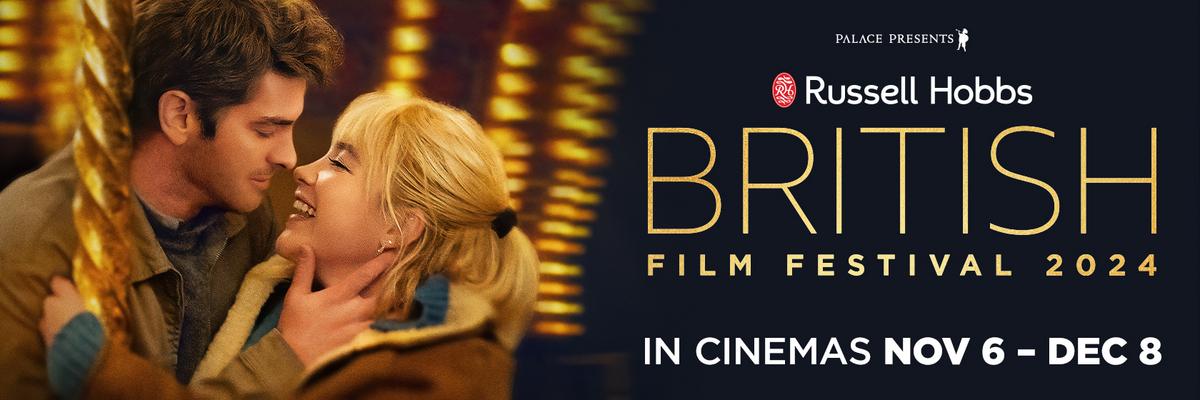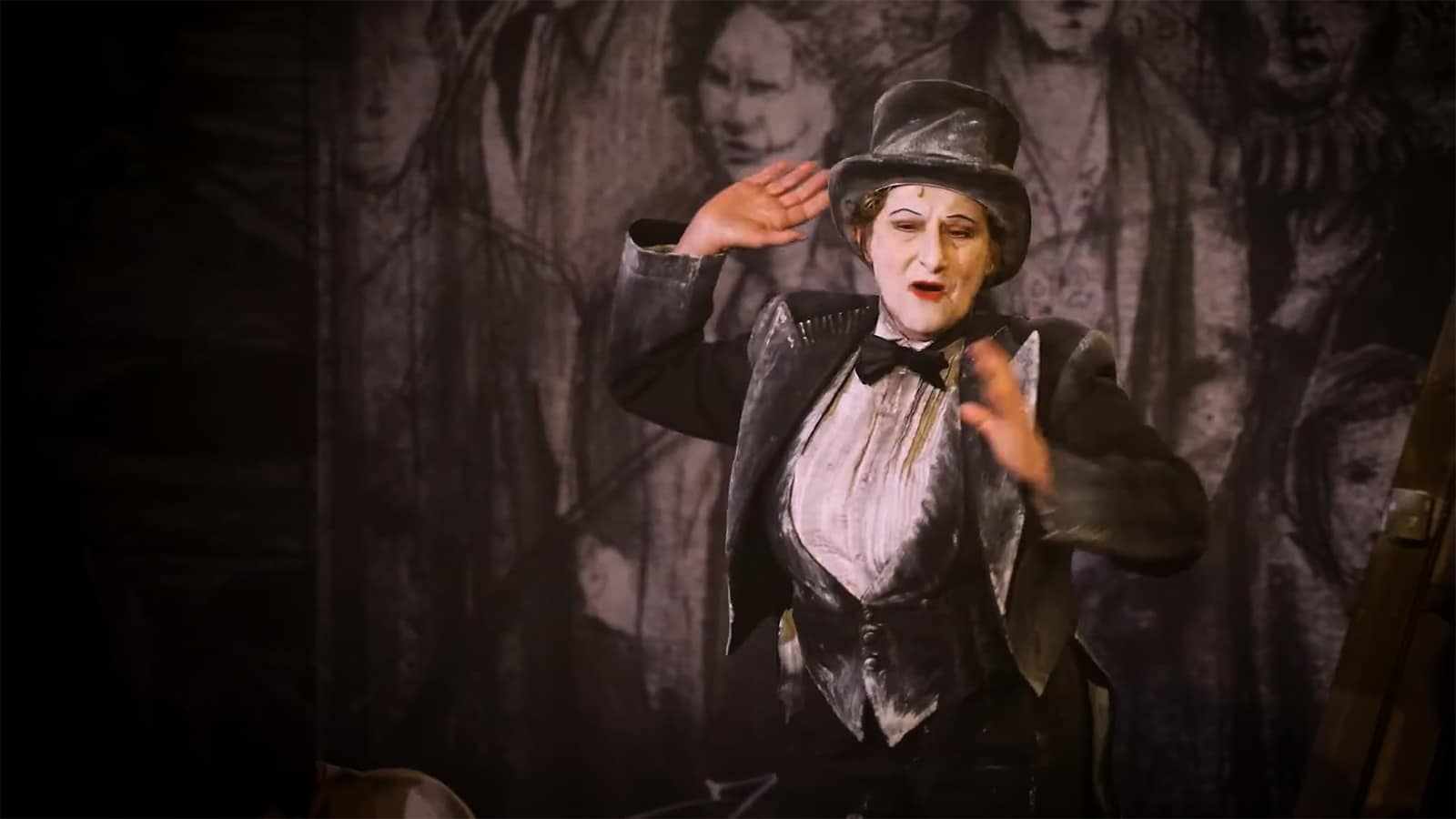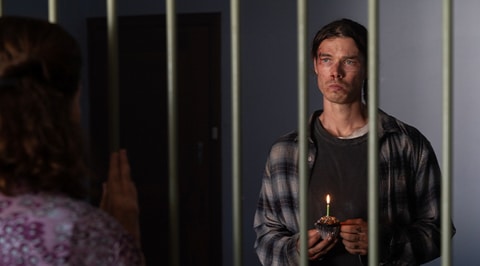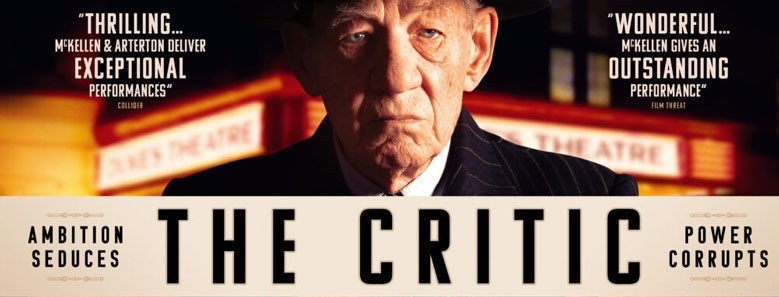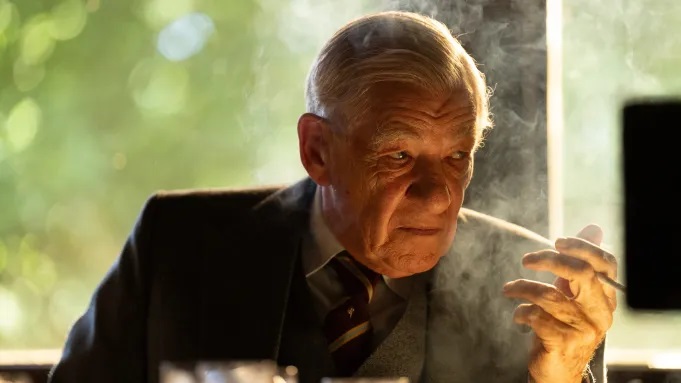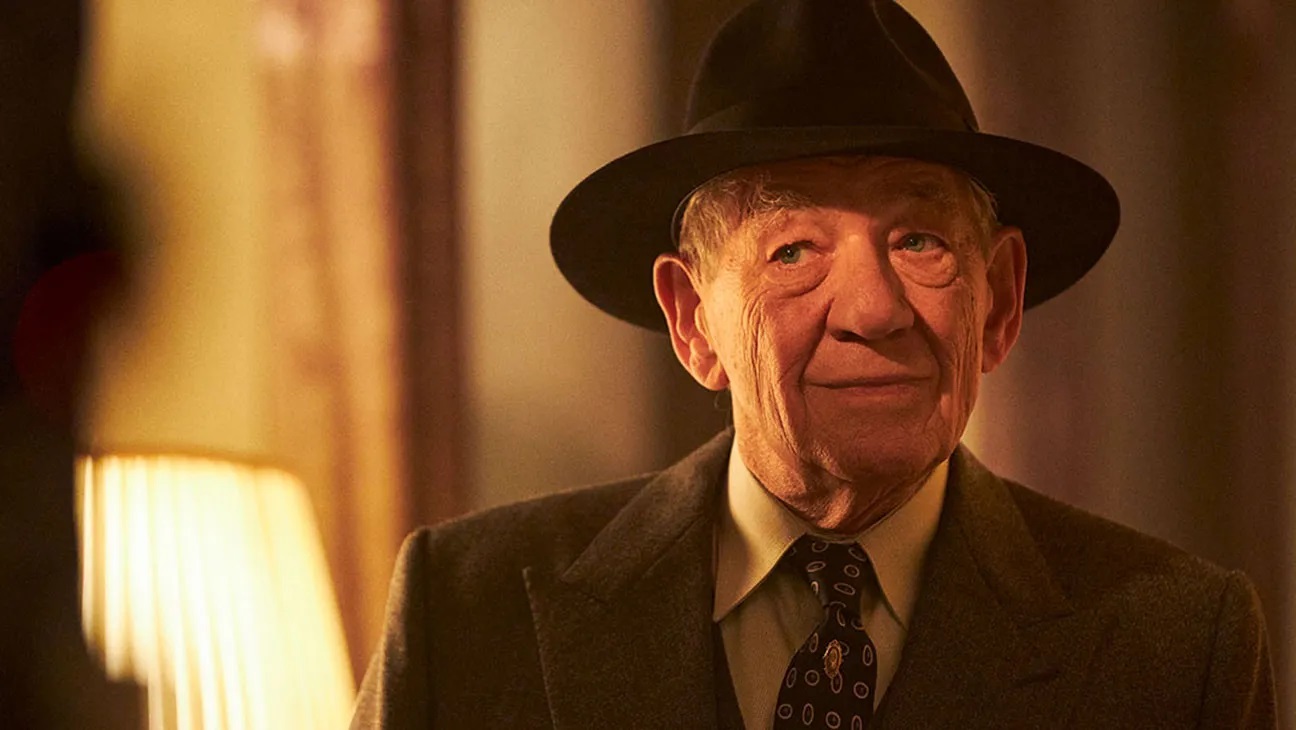Blur: To the End is a documentary that takes fans behind the scenes of Blur’s long-awaited return to the studio to record their first album in over a decade. The film captures the band’s journey, from their reunion in Hong Kong to the creative process of making new music, offering a mix of nostalgia, humour, and candid moments.
Those looking for a 101 on Blur’s history or surprise revelations of previously unknown secrets from the band’s past will have to look elsewhere. This movie is for lifelong fans. It’s not an introduction to Blur or the band members. It’s for fans who know the mythos and are excited to tune in for the latest chapter.
Though the documentary focused on the lead-up to the new tour and the creation of the new album, the audience gets a peak behind the scenes at the surprisingly calm creative process of talented people with a complicated history. A group of people who love the music and want to keep feeding that love, in whatever form it may take.
While the film gives little context as to how the band met or how they bounded, many nostalgia-filled stories are exchanged between the members as though they are catching up over a pint in a pub. Continuously rewarding the long-term fans of Blur, fans who will be excited to see welcomed along to this next chapter.
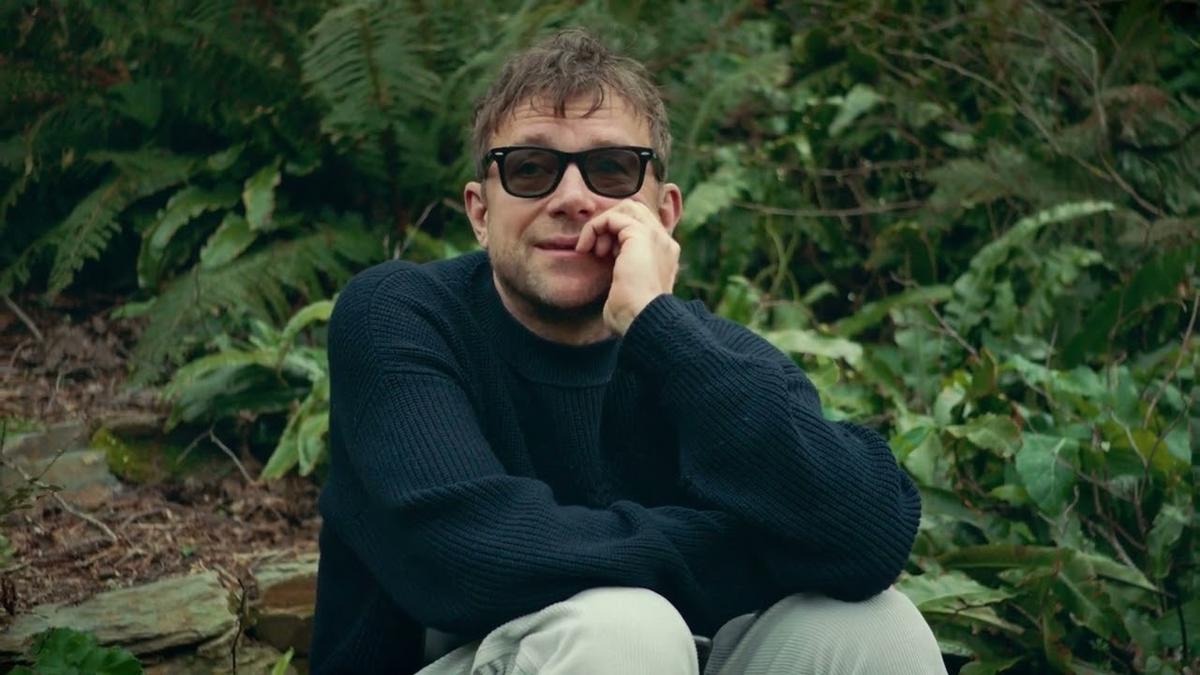
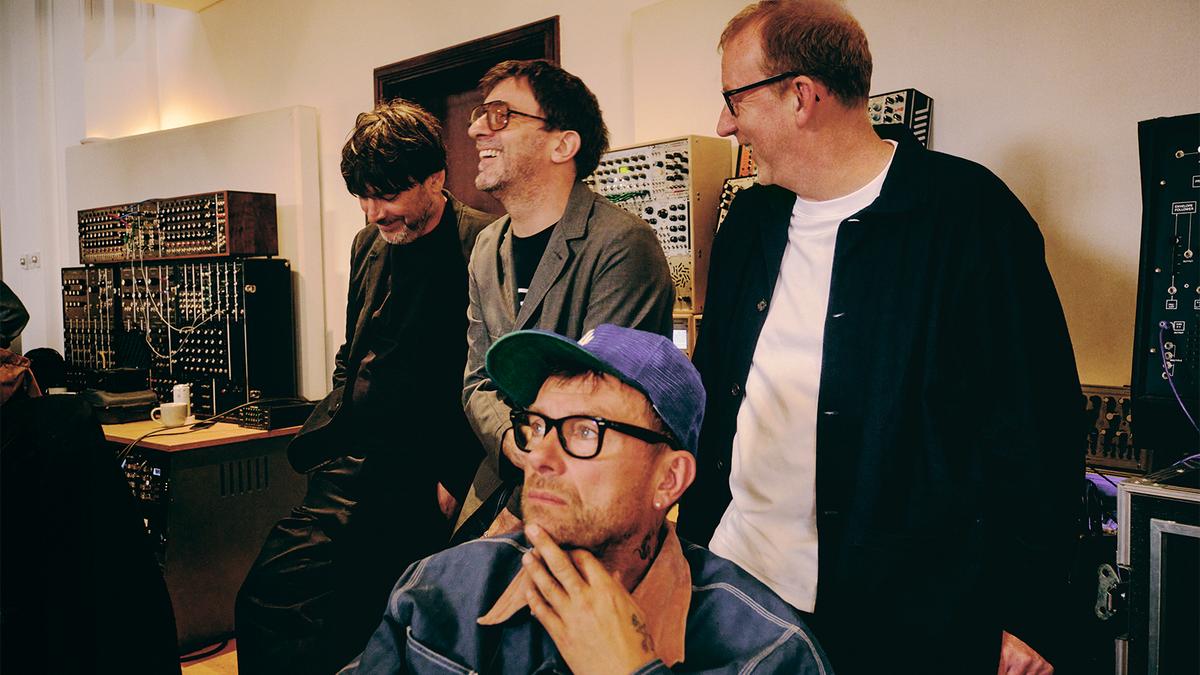
The film has a very intimate feel, even for a documentary. The audience is shown the band members’ homes, where the bandmates wear their comfort with each other casually. This does mean that the tone can lean oddly morbid at times. When they are philosophising about life and their relationships, it feels like an end-of-life reflection rather than an acknowledgement of a midpoint. The mid-50s might not be the prime rockstar age, but 50 is far from the end of their musical life.
Given the zeitgeists piqued interest in Brit-pop, with the oft-talked-about Oasis reunion on the horizon, it seems like a missed opportunity not to explore the musical impact Blur had in leading the British bands of the ’90s. Instead, the focus is where they are now, only looking forward.
Truly what you glean from this film is that it is hard to be in a band. It’s much like a family. You all love one thing, but personal dynamics can often get in the way.
To be this successful and this creative after a long and turbulent time together is no small feat. What we see is a group of people who have a genuine love for each other and the music. Gone are the glitz, the glamour, the tension of early rock and roll-dom. Here, you get to join some old mates catching up over Victoria Sponge.
To book tickets to this or other films, click https://britishfilmfestival.com.au/ for details on the session and venue.
